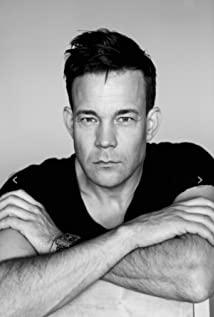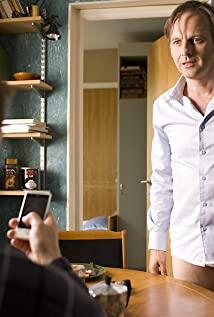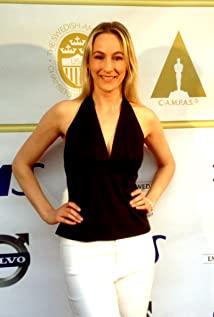First of all, unfortunately, such a translation may attract more people who watch "romance movies". It's hard not to think of Toni Erdmann, a big life experiment scene + comedy. The script was supposed to be as sparkly as Toni Erdmann, but was delayed by the damn translation.
Then I'm going to start talking about why it can't be turned like this.
LOVE = love ≠ love
ANARCHY ≠ no limit or break through the moral shackles such as "age gap" and "extramarital affair"
It's about a girl who wakes up one day and realizes that she's not actually a person, she's a seed. The seed blossoms into a bluebell, which transforms into a rose, and eventually the rose becomes a tree. She keeps growing and realizes that everything contains something, which in turn contains something else. She just keeps growing above and beyond, until she finally becomes a big forest. It was called Love and Anarchy.
Love and Anarchy are the core images of the film, which represent the heroine's self, her inner seed, her literary dream. The three most important men in the play: the male protagonist (or the male supporting character, in fact, I don't think there is a male protagonist in this film) encourages her dreams, her husband tramples on her dreams, and her father is the one who causes her original harm.
Love is the form of this film, just like the setting of "Publishing House", and the theme is individual resistance. The heroine is not a person who is very open to sex or sexual relations, but she has a sex addiction, because watching porn and masturbating is a way for her to relieve the huge mental pressure brought by adapting to the "normal world". She worked hard to integrate into the social circle of "normal people" like a machine, forgetting her dreams, cheapening literature, commercializing feminism, and never returning to the pursuit of worldly success, but this meticulous coding Occasionally mistakes are made, and the male protagonist is an opportunity to trigger "mistakes" - he is the first to find out that she is too dependent on sex.
It's not that the heroine can't accept extramarital affairs. If it's a petty fight, she might just let it go, and there is a resonance between her and the hero. Once she leaves this pure and sincere thing, she painstakingly builds it up." The normal order of life" would fall apart. She encouraged the male protagonist to rebel against his mother, which reflected her inner expectations for herself, but she was not able to rebel against her husband and the whole hypocritical and filthy social circle at the time. Fortunately, she has not stopped accumulating energy, and the challenges with the male protagonist are all small attempts, and there is vitality behind the small attempts - the power of backwardness, she resisted her husband head-on through "abnormal backwardness".
Casually translated into "I am already a forest", "Savage growth" and the like are also better than the current broken name.
At the end, I also thought of Winterson's autobiography Why Be Happy When You Could Be Normal? What this show wants to convey is that I want to be happy, not normal.
View more about Love & Anarchy reviews











